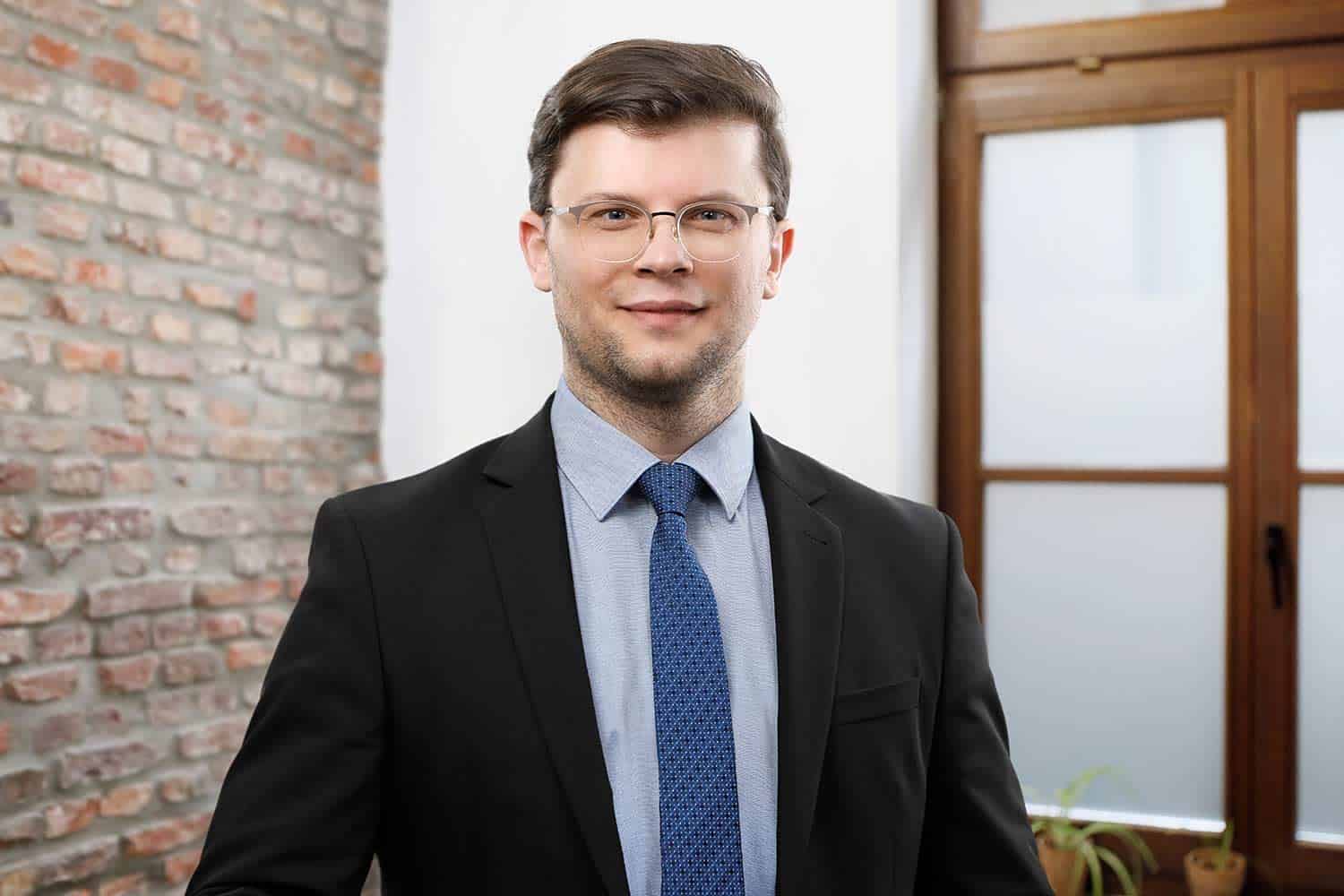The Move to Germany from the USA: Made Easy
Moving to a new country can present major challenges, however, our immigration law team is here to simplify the process. We have worked alongside clients from all over the world, and in such matters, experience and expertise are required. From determining which visa to apply for a US American Citizen and ensuring that all requirements are fulfilled with the application, to providing relocation services to individuals setting up in Germany, our German immigration lawyers provide comprehensive service. Having a legal partner in Germany is the surest way to know the requirements as well as the expectations involved in such a move.
On this page, we will provide an overview of the many different ways in which you can immigrate to Germany from the USA. However, for more specialized legal counsel please contact us directly.
The Benefits of Living in Germany
As Europe’s leading economy, Germany has a lot to offer for US-American Citizens. Regardless of how you make the move, or your reasons for doing it, Germany has something for you. Germany’s job market ensures that there are established executive and management roles for highly qualified and experienced English-speaking professionals.
Berlin remains a leading hub for start-up companies while Frankfurt is a city dominated by global players in chemical, electrical and mechanical engineering companies as well as financial services. Other cities and regions of interest include: Stuttgart, as the home of the German automobile industry, Hamburg, Germany’s biggest port city and its “Gateway to the World” , Munich and Bavaria, a region in which ICT companies and the biotechnology industry are flourishing and Cologne, Düsseldorf and the rest of the Rhine-Ruhr Metropolitan Area, which is Germany’s industrial heartland.
Germany is also a country in which setting up a life with your family is easy. The country is full of top universities for students and all major cities have international schools for those who would prefer their children to be educated in English. There is also a growing community of professional expats from around the world, which allows for great networking opportunities. The impressive German Autobahn network means that getting around is straightforward, while the abundance of cities and nature means that there is an enormous amount of opportunities in your free time.
Business Immigration to Germany from the USA
Entrepreneurial spirit is rewarded in Germany, as § 21 German Residence Act encourages entrepreneurs to bring their business ideas to Germany and set up companies here. Preconditions for setting up such a company are:
- It must meet an economic interest or regional need,
- It should have a positive impact on the economy,
- The financing must be secured by equity capital or a loan commitment.
Expect clear analysis and assistance on this front from our business immigration law team. They will guide you through each of these requirements and analyze your business plan to ensure that your application succeeds. We have helped many entrepreneurs over the years to make their business outlines a reality in Germany.
For those seeking to expand existing businesses from the US to Germany, we can lay the groundwork and carry out the bureaucratic requirements. This process can be tedious but with careful examination and legal oversight, our lawyers will provide peace of mind. Business immigration from the USA to Germany can be straightforward with the right legal partner.
Employment Immigration from the USA to Germany
Germany is one of the world’s leading export nations and it has a strong international outlook to business. As a global leader in engineering, manufacturing and in producing chemical products, there are excellent opportunities available in Germany for those coming from the USA. The companies which succeed in the German market tend to be global leaders and therefore, if you have the necessary qualifications and experience, finding executive positions in established, leading companies is not uncommon. Experts are sought after and are well-remunerated by these companies. Coming to Germany for such employment possibilities is achievable through applying for the EU Blue Card, or if you would prefer an internal transfer within your company to its German office, the ICT-Card is an alternative option available.
For those in so-called “shortage occupations”, which include doctors, engineers and IT specialists, the “EU Blue Card” under § 18b German Residence Act is particularly useful. In accordance with this, university graduates from non-EU countries who pursue these professions should, with a job offer in combination with an annual gross salary above the minimum, obtain the “EU Blue Card”. The holder of such an EU Blue Card may stay in the EU for up to four years and there are also prospects regarding a potential permanent settlement permit and a family reunification.
Applying for such residence permits can be a time-consuming pursuit, but our lawyers can lead the way on your application. We have helped countless clients to make the move and are fully aware of the requirements and the deadlines for each of these options. Put your trust in us and we will give you excellent legal guidance in return. Our lawyers are ready when you are.
German Ancestry, Citizenship & Permanent Residency for U.S. Citizens
The USA has always had strong links to Germany and many Americans feel a connection to the country. It is possible for American citizens to explore the option of German citizenship, if they have strong family connections to Germany. Our articles “German Passport for US Citizens” and “Dual Citizenship” explore how it is possible for US citizens to be granted dual German-US citizenship, while our article on “German Citizenship by Descent” provides another means by which one can avail of German citizenship. Excellent legal counsel is available from our immigration lawyers on all of these issues.
The German passport frequently ranks as one of the strongest passports in the world and the opportunity to gain such citizenship should be explored where possible. Not only does having a German passport open the entire European Union as a place to work, study and retire to, but it also allows for visa-free access to most countries in the world.
Of course, a German passport is not needed to move to Germany and we also outline and analyze the requirements to avail of a settlement permit in Germany. A settlement permit is an unlimited residence title which can be granted to a US citizen in Germany in order to consolidate their stay in Germany. It enables the holder to settle permanently in Germany and from there, to build a solid future here.
Retiring to Germany from the USA
Germany is a country in which US citizens should feel comfortable retiring to. Once you can show that you have the required finances to support yourself living Germany during your retirement, you can avail of the support of our legal experts. We will guide you through the options available to you, providing the clarity and in-depth guidance expected by our clients. Once we have established the best way forward for your particular case, our lawyers have years of experience in the field and have confidently handled the applications for many clients, they know the requirements and will ensure you receive the best counsel available.
Our lawyers can advise you from the USA as well as from Germany, and will ensure that there are no surprises with the application process. Our article on “Retiring to Germany” outlines the requirements for the retiree residence permit in greater detail.
Living in Germany
Once you have established yourself in Germany, we can continue providing expert legal guidance. The difficulties facing individuals immigrating from the USA to Germany do not end once they have arrived here, therefore it is comforting to have a legal partner to advise in whichever legal challenges arise. This is especially true where there is a prior relationship with the firm.
Expats in Germany come to us with their legal issues, knowing that they can expect leading, comprehensive service in whichever legal situation they find themselves in. We provide all of our services in English as well as German, therefore there is no fear that your queries will be lost in translation.

Practice Group: German Immigration Law
Practice Group:
German Immigration Law
Contact a German Immigration Specialist
Use the form to tell us about your concern regarding immigration from the USA to Germany. After receiving your request, we will make a short preliminary assessment on the basis of the information provided and give you a cost estimation. You are then free to decide whether you want to instruct us.

















